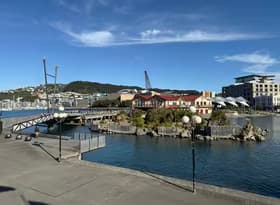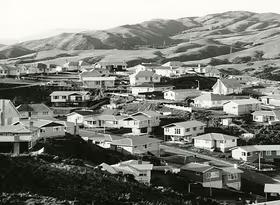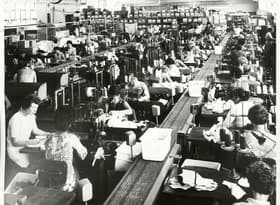Recession is inequality’s best friend
Income inequality in New Zealand is likely to have increased sharply over the last two years as the recession will have disproportionately affected middle and lower income households. This increase will come on top of a small uptick in inequality in mid-2009.
Inequality is the outcome of opposing forces. Changes in the demand for skills in the labour market impose a strong upward pressure on inequality. Over much of the 2000s this pressure was countered by forces which resulted in more or less constant inequality. However, the recession will undo these opposing forces and will push inequality steeply upwards.
Upward pressure on inequality comes from the hollowing out of the labour market which I wrote about in this column in October last year. The hollowing out refers to the growth of employment opportunities at the top and the bottom of the skill spectrum while jobs in the middle disappear. Globalisation and technological advance have been responsible for many of the job losses in the middle of the income spectrum. Skilled workers in the manufacturing sector have lost jobs as many manufacturers have moved offshore. Skilled office workers such as typists, book keepers and bank tellers have become redundant through the computerisation of the workplace. If these people did not upskill sufficiently to take advantage of the boom in professional and technical jobs they would have been forced into low paid service jobs in retail or hospitality.
During the 2000s prior to the recession several forces countered the impact of the hollowing out of the labour market. The first of these was the active redistribution policies of the fifth Labour Government, most notably the Working for Families package. The transfer of approximately $1.6 billion perineum to mostly low to middle income households had a sizeable impact on inequality.
The second factor was the very strong growth in employment. The total number of jobs in New Zealand increased by nearly a quarter between 2000 and 2009, while the population grew by 14%. Low and middle income households benefitted from the abundance of jobs as an increasing proportion gained access to paid employment. The sheer number of jobs meant an increasing number of households had more than one member in employment.
The third factor was the building boom which to some extent shored up employment in the middle of the skill and income spectrum. The construction sector employs a large number of skilled trades workers and the building boom was able to absorb some of the trades workers with transferable skills who lost jobs in the manufacturing sector. The number of trades workers employed in the construction sector increased from about 64,000 in 2000 to a peak of nearly 90,000 in 2008.
The above factors which countered a rise in inequality have fallen away which will precipitate a sharp increase in inequality. A change of government has seen policy veer sharply away from active redistribution and the recent changes to income tax have favoured the better off. This will result in at least a short term increase in inequality although in the longer term the impact may be different. Economic modelling work by my colleague Adolf Stroombergen shows that a reduction in personal income tax coupled with a rise in GST will have strongly positive effects on employment. This should ease inequality in the longer term.
The sharp fall in employment during the recent recession will severely aggravate inequality as job losses have been unequally borne by lower and middle income households. Middle income jobs have been hardest hit by the recession (see accompanying chart) as the two most affected industries, construction and manufacturing, are rich in mid skill jobs. The slump in construction will accelerate the hollowing out of the labour market. Nearly 10,000 building trade jobs were lost between 2008 and 2010. The manufacturing industry shed 10% of its workforce during the recession including a high number of metal and other trades workers and skilled machine operators. Low skilled jobs were also hard hit by the recession as large scale job losses were measured in retail and wholesale trade and the hospitality sector.
While the number of middle and lower skilled jobs declined during the recession small increase in employment at the top end of the skill spectrum occurred. Highly skilled job losses in finance and business services were more than compensated for by strong employment growth in health, education and government. This means most of the better off households will come out of the recession relatively unscathed.
In mid-2011 the Ministry of Social Development will publish an update of their excellent inequality report. It will have few surprises and we will probably see many inequality indicators reach their highest levels since the early 1980s. From an equity perspective it will remind us of the importance of a strong economy that creates plentiful job opportunities.















